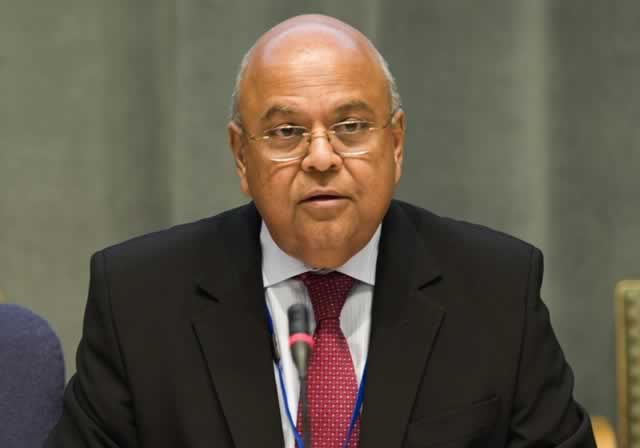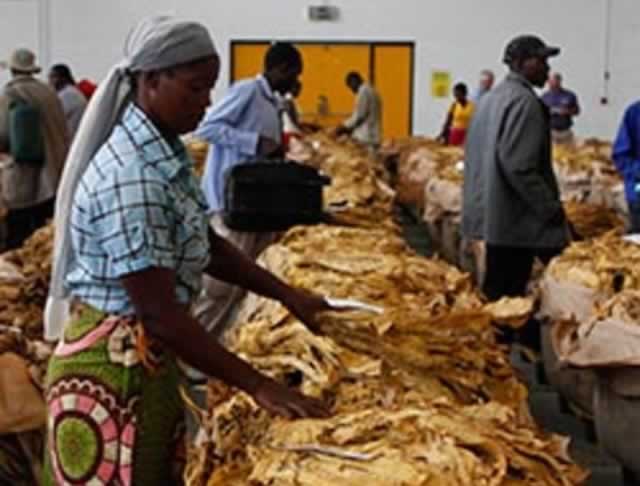SA’s Gordhan warns Africa on foreign capital

KIGALI. — AFRICAN countries should set their sights on creating the conditions in which they could issue more bonds in their local currencies and reduce dependence on foreign capital inflows, South African Finance Minister Pravin Gordhan said on Thursday.
He was speaking during a panel discussion at the World Economic Forum (WEF) on Africa summit in Kigali, Rwanda.
But Mr Gordhan warned that countries could not just look at financial markets on their own. “We need to look at how we manage our politics in a way that creates conditions for these sorts of markets to develop.”
He emphasised that countries needed to develop financial markets in ways that contribute to real economic development and a higher quality of life. Tanzania’s central bank governor called for African countries to pool their savings by combining foreign reserves, while Investec Asset Management CEO Hendrik du Toit called for African investors to direct more of their investment into Africa debt.
Many African countries have gone to international capital markets to raise capital in recent years, taking advantage of international investor appetite for high-yielding assets at a time when interest rates in developed markets are at historic lows.
The “Africa Rising” story helped to put Africa on the radar screens of global investors and enabled several countries to access dollar and euro bond markets for the first time. But this has made them particularly vulnerable to crashing commodity prices and the negative turn in sentiment to emerging markets, as well as the prospect of more normal US interest rates. The extreme volatility in global markets has also put pressure on currencies.
Panellists said that developing local pools of savings and local capital markets would help to make Africa’s markets more resilient and robust, in a context in which the continent had a huge need for investment in infrastructure and other capacity.
SA has long had wide and deep domestic capital markets, based on pension and other institutional savings, enabling the government to rely on foreign borrowing for only 10 percent of total borrowing.
However, SA’s domestic savings are not sufficient to finance its investment needs and the country has seen foreign investors come into its own local rand-denominated bonds in a big way in recent years, with foreigners now owning more than a third of rand-denominated government bonds — making SA quite vulnerable to capital outflows when sentiment turns negative. Most African countries are just starting to develop domestic savings pools and local capital markets.
Standard Chartered economist Razia Khan said African countries had been overdependent on foreign investment to finance infrastructure and other spending and the growth of institutional savings was a good news story. “More stable domestic savings pools are very important,” he said.
Martyn Davies, MD of emerging markets and Africa at Deloitte, said investors targeting Africa are looking at the eastern part of the continent.
“Looking at East Africa, anything below 6 percent growth is considered a really poor performance,” he said.
Besides benefiting from lower energy costs, Kenya, Tanzania and Rwanda are reaping the spoils of developing tourism, agriculture, services and manufacturing industries and improving their transport links and energy supply. East Africa has also been leading economic integration in Africa, helping promote regional trade. — BDLive/Bloomberg.











Comments